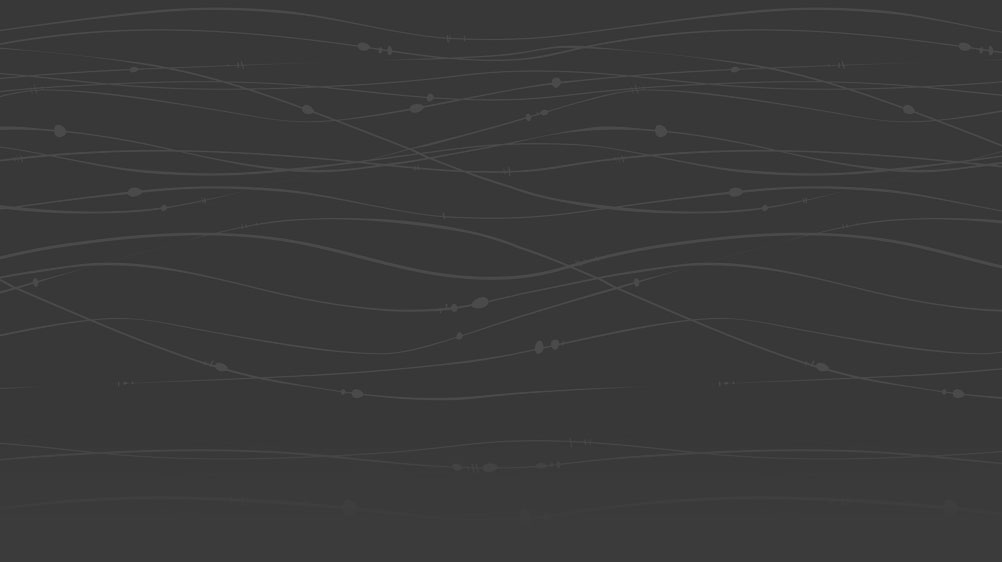
Buffalo State College is committed to social justice, community partnerships, and realizing our role and responsibility as an anchor in our community. We are taking action to address issues of inequity that have galvanized our communities and we are advancing change to positively affect individuals impacted by injustice.
The Social Justice Faculty Externship program is an opportunity to engage faculty in learning opportunities with community organizations that provide leadership in addressing issues of social justice and working to extend that learning to students through curricular change. At the same time, the organizations will benefit through faculty time and attention to a project using the faculty member’s skills and experiences.
Through the generous gift of an anonymous donor to Buffalo State, the Equity and Diversity Office and Civic and Community Engagement Office are collaborating to implement the donor’s vision of civically-engaged social justice education in line with Buffalo State’s urban-engaged anchor mission. Two Buffalo State faculty members will be selected annually to participate in the Social Justice Faculty Externship program, a summer partnership initiative focused on collaborative faculty/community partner connections which deepen understanding and build opportunities to expand and grow equity and justice in our community. The faculty member and community organization each receive financial benefit and funds for materials through a summer partnership focused on learning and sharing.
To deepen understanding of and address equity and social justice in our community, the program provides reciprocal learning between a Buffalo State faculty member and a Western New York non-profit organization. Stipends provided to the organization and faculty member will result in 1) investigation of connections between a discipline and historic and current structures and systems that impact underrepresented groups, 2) curriculum revision to bring those connections to the classroom and affect Buffalo State student learning, and 3) a faculty project to impact the issues through and support the community organization’s efforts to address inequity.
The Social Justice Faculty Externship Program will take place over the summer and includes:
Approximately 40 hours of community-based learning and project work addressing partner priorities over the summer, with a significant amount of time spent directly in the community. See outcomes below for project ideas.
Summer conversations and reflection activities with a presentation/workshop with community partner in the fall.
Successful revision of course to incorporate social justice education with appropriate assessment of student learning supported by CCE, E&D, and Teaching and Learning Center.
Approximately 20 hours of support and collaboration with faculty member to provide social justice learning and targeted project outcome over the summer. See outcomes below for project ideas.
Summer conversations and reflection activities with a presentation/workshop with community partner in the fall.
Continued collaboration and partnership with Buffalo State, as appropriate.
Outcomes
All partnerships must result in curricular change to embed social justice education. In addition, examples of outcomes of the experience might include:
Faculty and organization collaborative research
Grant writing
Assessment, design, artistry, infrastructure or other support
Professional development for organization staff
Extended planning for organization involvement with students through civic engagement, community-engaged learning, in-class presentations, or other collaborative work
Full-time Buffalo State faculty members from all Buffalo State disciplines who will be able to complete program responsibilities in the summer following application are eligible to apply. Applicants will identify a Buffalo area community organization through the application process, with support from the Civic and Community Engagement and Equity and Diversity offices. Community organization partners who work to address inequity, racial justice, and other forms of systemic oppression are potential partners, if available for collaboration. Example organizations might include Open Buffalo, Say Yes Boys and Men of Color, MOCHA Center, or Kirby’s Corner.
Faculty who want to deepen their understanding of social justice work in our community, as well as how their discipline connects with efforts to address inequity, are encouraged to apply. The experience can and will positively inform and benefit teaching, research, and other scholarship, both short-term and long-term.
Candidates will complete the required application which will be reviewed by the selection committee consisting of the Chief Diversity Officer, Civic and Community Engagement Director, a representative from a community organization, a faculty member, and the donor(s) if they choose to participate.
Finalists for each scholarship will be interviewed by the committee. The decision on the recipient of each faculty externship will rest with a consensus of the selection committee. If no candidate meets all terms set forth in the criteria for either scholarship, the scholarship will not be presented.
Through the generous gift of an anonymous donor, the faculty member and organization partner will each receive a $1000 stipend disbursed in two payments: $450 when faculty begins working with the organization and $450 after the report and presentation are conducted. Additionally, $200 will be made available, if needed, to the partnership for supplies, materials, etc. If supplies and materials are not needed, the remaining funds can be divided between the faculty and community organization stipends.
|
February 15 |
Faculty member completes online application |
|
March 8 |
Review committee notifies program participants of award |
|
April- May |
Awardees work with Civic and Community Engagement and Equity and Diversity Office to confirm externship goals, location, project, etc. |
|
May- August |
Externship takes place over the summer (approximately 40 hours) |
|
August 27 |
Written externship report submitted |
|
November 1 |
Faculty/partner presentation conducted, and syllabus revisions submitted |
Civic and Community Engagement
Some content on this page is saved in PDF format. To view these files, download Adobe Acrobat Reader free. If you are having trouble reading a document, request an accessible copy of the PDF or Word Document.
